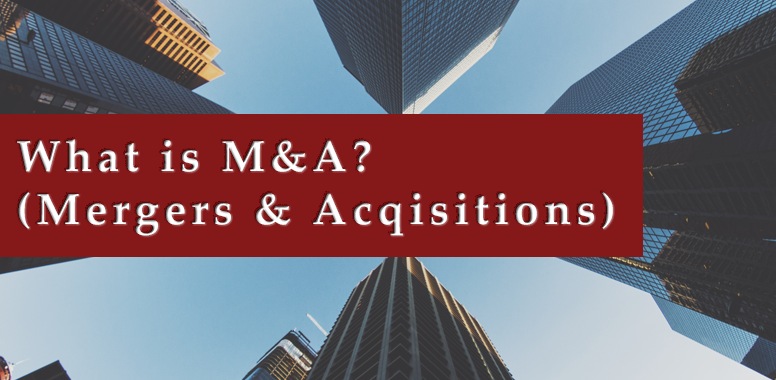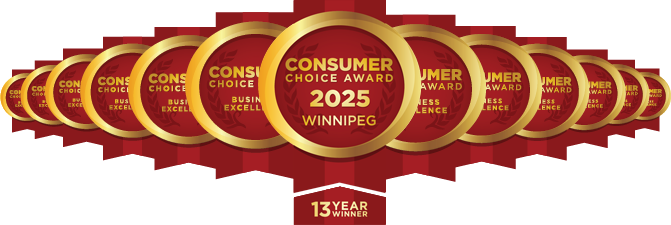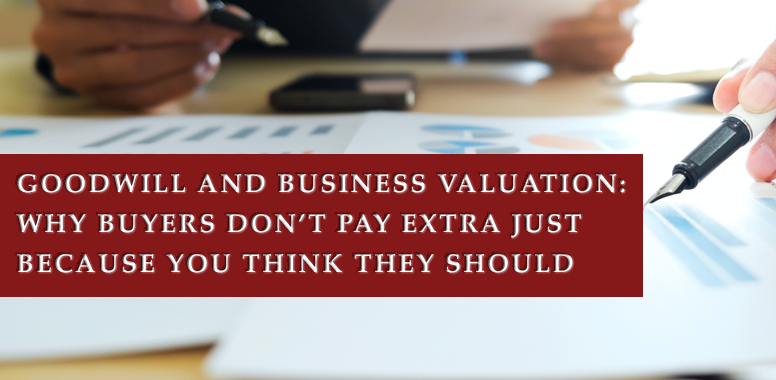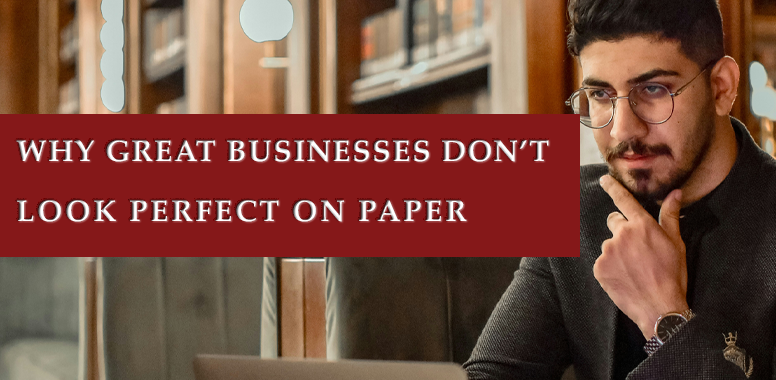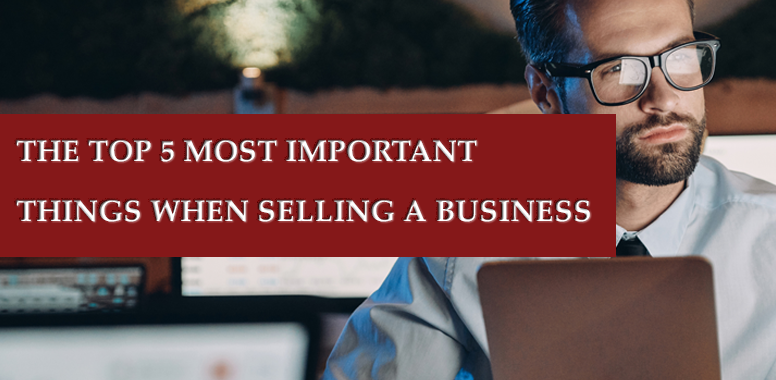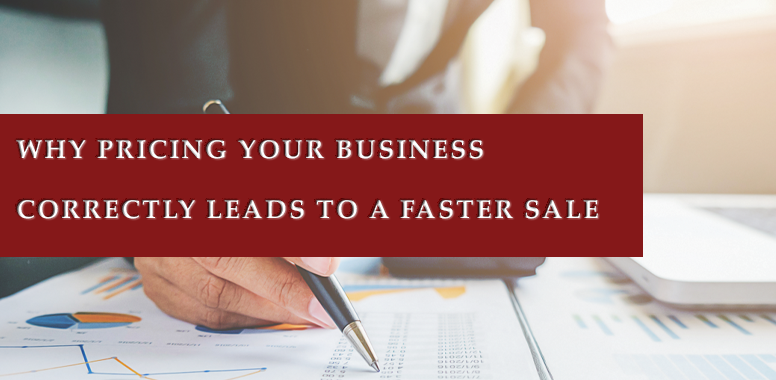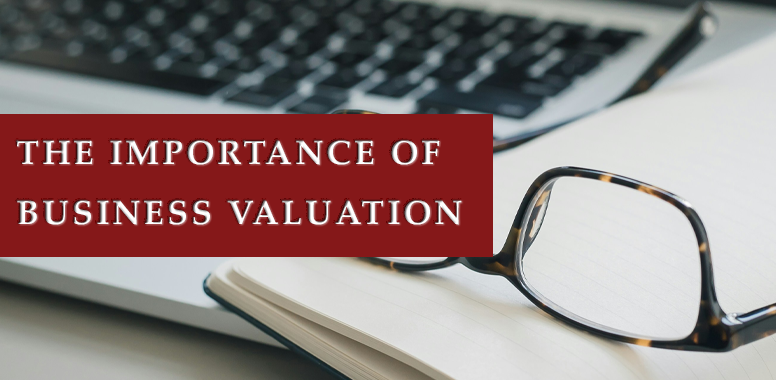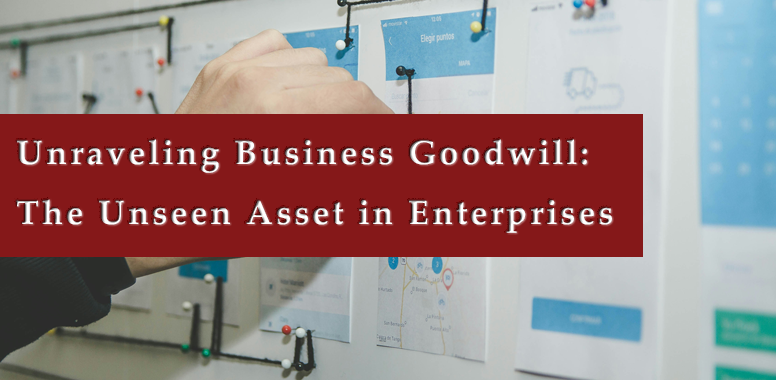OConnor Business Insights
New to Buying a Business? Start Here.
Brad Oconnor
August 1, 2025
As a first-time buyer, there are things you need to know.
Buying a business can be one of the smartest decisions you’ll ever make, but if you’ve never done it before, the process might feel overwhelming. You might be asking:
- Where do I even begin?
- How do I know if a business is a good fit?
- What should I be looking for in a listing?
The good news? You don’t need to have it all figured out from day one. What you do need is a willingness to learn, a basic understanding of the process, and the right mindset for business acquisition. That’s where this guide comes in.
This article is your starting point and it’s designed for first-time buyers who want to explore business ownership the right way.
First, Understand: Every Deal Is Different
Unlike real estate, where transactions tend to follow a predictable path,
buying a business is highly situational. There are different industries, ownership structures, lease terms, staffing needs, and financial models. Some deals close in weeks. Others take months. Some sellers are hands-on, others are fully absentee. Some businesses are run on paper napkins, others have detailed monthly financial reports.
There’s no such thing as “one size fits all” in business buying. The best thing you can do is approach each opportunity with curiosity and flexibility, not a checklist of perfection.
Step-by-Step: What the Process Looks Like
Here’s a simplified look at how first-time buyers typically move through the process:
1. Get Clear on Your Goals
Before you ever inquire about a listing, ask yourself:
- What kind of business do I want to run?
- How involved do I want to be in day-to-day operations?
- What’s my risk tolerance?
- What’s my budget (including working capital after the purchase)?
Having a basic buyer profile will help you screen opportunities and communicate clearly with brokers.
2. Start Watching the Market
You can start exploring listings online to get a feel for pricing, industries, and the types of businesses that interest you. Pay attention to recurring themes; for example, what gross revenue ranges fall within your budget? How common are seller transition periods?
This is where you’ll begin to recognize what a good business opportunity actually looks like in your price range. At OConnor Business Brokers we also offer the chance to join our email marketing list, which we send out to alert prospective buyers to new opportunities that have come to market.
3. Connect with a Business Broker
A professional business broker can save you a lot of time. Not only do they know what’s available, but they can also give you insight into how deals are structured, how sellers typically operate, and what red flags to watch for. Brokers are also bound by confidentiality, which protects both you and the seller.
Tip: Come prepared. Brokers are not here to “teach you business” from scratch. Do your homework. Understand the basic terminology, financing options, and what you’re looking for.
4. Sign an NDA and Review the CIM
Once you find a business you're interested in, you'll be asked to sign a non-disclosure agreement (NDA) before receiving confidential materials. This is standard and required. Once signed, you’ll get access to a Confidential Information Memorandum (CIM) that outlines the business’s key details — financials, staffing, operations, and opportunities for growth.
Important: Just because you sign an NDA doesn’t mean the seller or broker is obligated to share everything. Confidentiality is paramount, and sensitive information is often shared gradually as buyers become more serious.
5. Ask the Right Questions
After reviewing the CIM, this is your time to:
- Ask clarifying questions
- Assess the owner’s role
- Understand customer relationships
- Explore what transition support is offered
A good buyer digs deep but stays respectful of the seller’s time and privacy.
6. Do Your Due Diligence
If you move forward, you’ll have time to fully verify the business’s financials, contracts, leases, and legal standing. This is typically after an accepted Letter of Intent (LOI) has been presented and signed by both parties. You may need the help of an accountant, lawyer, or industry expert to complete your diligence.
7. Negotiate and Close
Once everything checks out, the final purchase agreement is negotiated. This includes the purchase price, training period, seller financing (if any), and deal terms. After closing, the business is officially yours.
Working With a Broker: What You Should Know
A business broker is a facilitator. They work to bring qualified buyers and sellers together while protecting confidentiality, managing communication, and helping move the deal toward a successful closing.
Here’s what a broker can do for you:
- Identify listings that fit your needs
- Help you assess whether the business has long-term opportunity
- Guide you through the disclosure and diligence stages
- Clarify the value drivers behind the asking price
- Provide insight into how sellers typically operate in your market
But remember —
a broker is not your personal advisor. They won’t spoon-feed you information or make the decision for you. It’s your responsibility to learn how buying a business works, assess risk, and determine fit. The more prepared and realistic you are, the more seriously you’ll be taken.
Real-World Imperfections Are Normal
If you're waiting for the "perfect" business to appear, with spotless financials, a fully trained staff, absentee ownership, and unlimited growth, you may never buy anything at all. Most great businesses don’t look perfect on paper. Instead, they come with manageable challenges, steady income, and the opportunity to improve what’s already working.
The best buyers look for substance, not sparkle; recurring revenue, loyal customers, and strong operational bones.
Final Thoughts
Buying a business isn’t just a transaction. It’s a career move, an investment, and a major life decision. Start with clarity, come prepared, and be open to real-world opportunity. You don’t need to be an expert on day one, but you do need to be an engaged, informed buyer.
Want to explore your options?
Contact OConnor Business Brokers to start a confidential conversation and see what’s currently on the market. We’re here to guide you — not just to the next listing, but to the right opportunity.
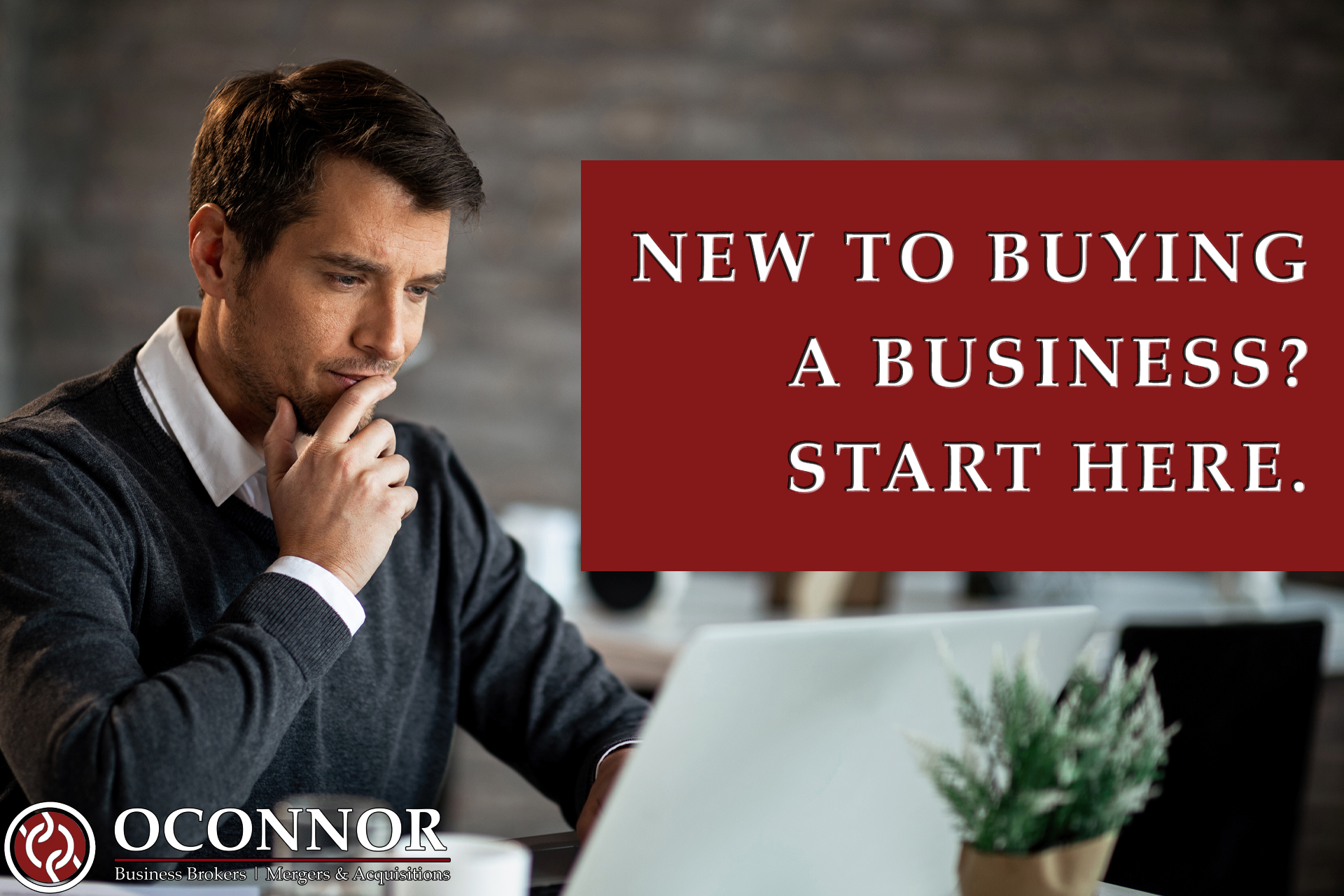
More questions? We can help.
EVALUATION/CONSULTATION
If you are a business owner considering selling a business, and would like to learn more about OConnor Business Brokers and Consultants and the services we offer, please contact us to arrange a confidential business evaluation.
You will meet one of the Directors of OConnor Business Brokers, and your requirements will be discussed. During the meeting you will have the opportunity to find out more about selling a business, and how our business brokers and M&A Advisors can assist you with the business sale process.
Unlike many other approaches, OConnor Business Brokers start without any preconceived ideas about what is right for you and for your business. By understanding the business and your motivation we can help steer you in the right direction. This often challenges conventional thinking and comes as a refreshing change to the norm.
The Directors of OConnor Business Brokers have experience as business brokers, business consultants, M&A advisors, and business owners. We understand the challenges and pressures that face a business at any one point. We therefore use our time together not to try and sell you our services but to help you understand your options and how we can help.
An initial meeting lasts approximately one hour, and can take place virtually or in person at our office.
Evaluation and Consultation Request
